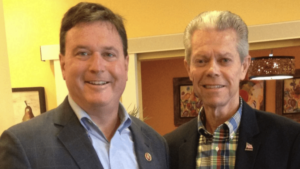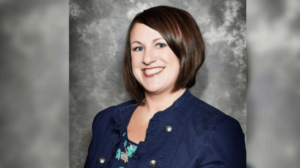Millennials carry the label of “job hoppers”, but like most generational labels, they’re hardly accurate. Indianapolis sales agent Jennifer Revell, a Gen-Xer who graduated college in the mid 90’s, is proof. “I was maybe ahead of my time,” she says. “A lot of people my age went to work for a company and stayed there for 20 years. I’ve had the privilege of working for several prestigious companies and the reason being was because I was recruited for better opportunities.”
Revell, an IU Criminal Justice graduate, moved straight into insurance after graduating. “Unlike my friend Jen [Mitchen], I didn’t have a family history in insurance. A friend helped me get a position with Aetna, which had a great training program for new college graduates.” This small step after college would establish a pattern that would lead to big leaps in her career for decades.
While working for Aetna, Revell would also spend 1.5 years in Orange County, Cal. working out of their Santa Ana office. “It was great personally and professionally to live and work in a different market,” Revell says. But her family was still in Indianapolis. Having decided to move back to the Midwest after Aetna’s Indianapolis office closed, Revell found herself working in the network contracting and service space eventually working for a Michigan-based PPO company.
“That’s when I met Steve Selinsky”, says Revell. In 2010 Selinsky was president of NAHU and led the sales team for the company. Today he serves in a professional development role with NAHU. “He suggested I reach out to the local Health Underwriters Association. And that
was the first time in my career I got into NAHU.” It was 1999, and the Indianapolis Association of Health Underwriters always drew 150 or more people each month. Roger Alexa, the then-Membership Chair for IndyAHU, met Revell at one meeting. “Roger asked if I would consider being on a committee. He got me reeled in quick, probably over a drink,” Revell says with a chuckle.
Reflecting on the last two decades, Revell adds, “I couldn’t imagine meeting the number of people I’ve met and developed the relationships I have today without NAHU.”
Despite dropping into the insurance industry almost at random, Revell proclaims it a great one to work. “There’s a lot of opportunities to advance, especially here in Indianapolis.” Anthem and United both have large corporate offices located in the city. “But there’s also property and casualty insurance, and opportunities to take talents in a lot of ways. You can do sales or be in actuarial sciences for the financially-minded,” she mentions as two examples.
After a series of position eliminations at a previous start-up employer, Revell leaned on her network again for new work. She found it in a new, limited-distribution employee benefits company. “The work we do helps employers maintain low out-of-pocket expenses for employees,” she says. “
I love this company and the product that we deliver is unlike any other,” says Revell. “I get a lot of flexibility in regard to my broker distribution channel and I can empower my friends at all the agencies I’ve met over the last 20 years through IndyAHU,” she adds. Revell also gets to work in a large territory as the primary sales representative for Indiana, Ohio, Kentucky, and Michigan.
The image of health insurance in the United States is still reeling from a deluge of political rain. As a result, the insurance industry seems like a scary place for young professionals. Revell thinks schools like Butler University and Indiana State University should continue growing their insurance programs. And she says there are two things young people need to remember.
First, “The skills you learn in insurance are far-reaching. They can transcend other industries. And many parts of the industry are never going away. Even if we have single-payer healthcare, ancillary products will continue to exist. Our industry always evolves.”
Second, she adds, “I have friends who recently lost their jobs. Their biggest regret was they didn’t network enough with people. And they didn’t do it early enough. There’s so much value in those relationships. They didn’t have a network to help them move into a new position. They didn’t have all the things NAHU and IndyAHU does for members.”
It’s not enough to consider a professional association like NAHU when it’s too late, either. Just like insurance, it must be in force early. “I say to every young person, even if you have to pay for it on your own: the benefits will pay off,” says Revell, adding, “I believe we should all give back in some way to the industry where we make our living.”






